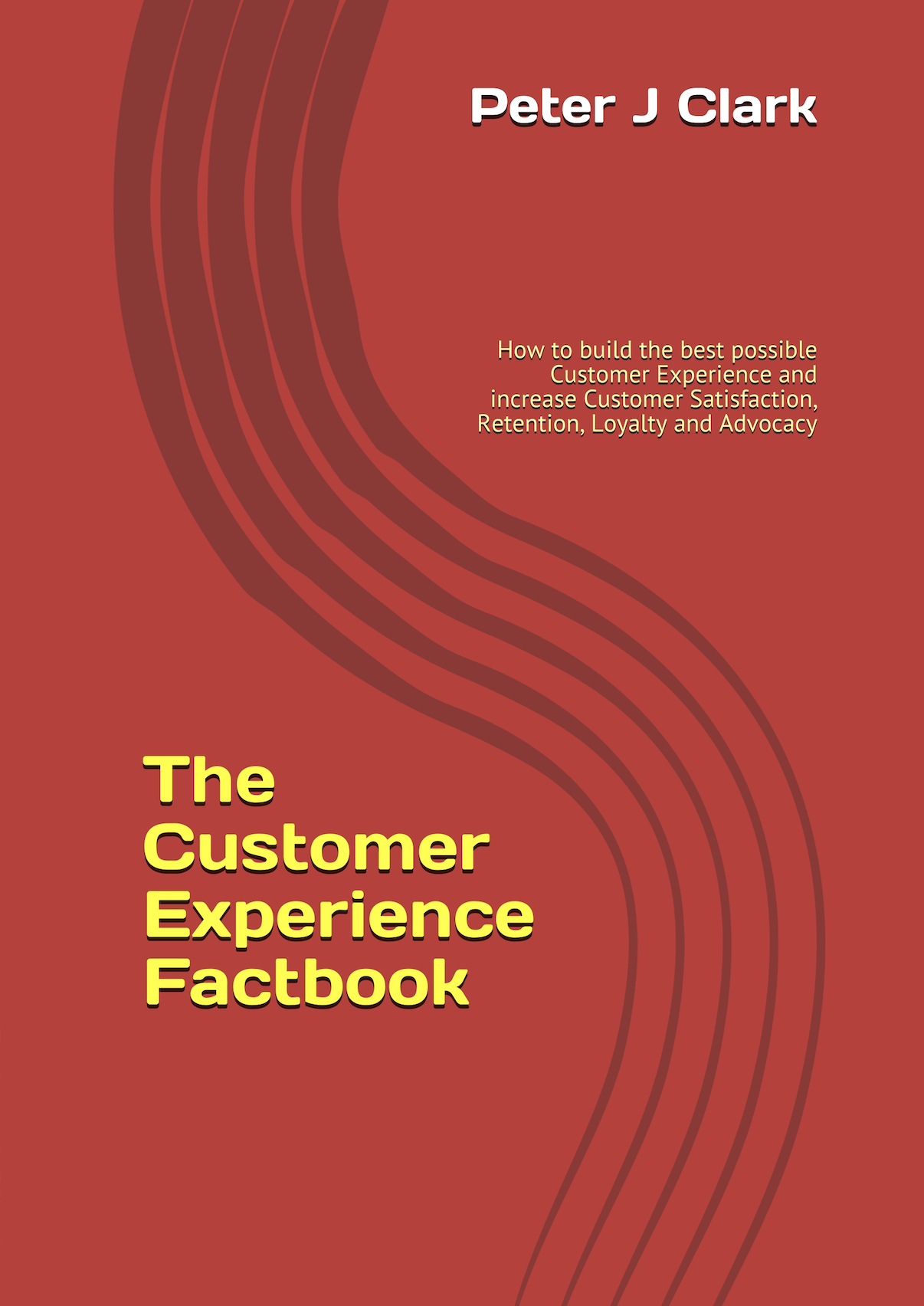Cashing in on data to reach the right customers
The success of customer marketing is highly dependent upon data-driven processes, but it's surprising how often marketers still work with bad data, according to Nigel Turner, VP of information management strategy for Trillium Software, who here examines how brands like John Lewis are now taking greater care by using data assurance solutions to ensure customer data is always reliable.
Data has been a marketing currency for years but the rise of digital media has changed the rules. The number of devices people own and the explosion of electronic channels through which they interact with brands has combined with traditional marketing approaches to present a multiplicity of customer touch-points. At the same time as brands attempt to consolidate and make sense of the flood of incoming information, consumers have become much less forgiving of brands that wrongly make so-called personalised approaches through poorly-targeted marketing campaigns.
Every day we are bombarded with brand messages in our web browser, email, on our smartphone and by social and traditional direct mail campaigns. I suspect few of us notice such messages anymore, let alone 'engage' with the brand that sent them, unless the content is accurate, relevant and timely.
You don't need to conduct market research to understand how annoyed your customers are when you get their name wrong or when you assume you know what interests them but get it completely wrong.
"Recently a retailer I once bought from sent me a direct mail 'celebrating' my love of gardening with an offer for cut-price garden tools. The problem is I do not have a garden and I loathe the horticultural life," explained Turner. "Crass errors such as this undermine an individual's trust in a brand and damage loyalty. Also, how a customer acted one year ago is not necessarily an indication of how they are behaving today. Brand experiences must be informed by customers' current preferences."
Only with trustworthy data can marketers refine targeted messages to segmented consumer groups, create personalised dialogues and fine-tune promotions to generate loyalty.
Robust data also helps marketers to better understand the changing preferences of a particular customer, the various channels they use at different times and their value over the weeks, months and years.
According to a recent Economist Intelligence Unit report commissioned by Capgemini, some 75% of business leaders surveyed believe their organisations are now data-driven. Businesses invest millions in marketing and sales technology, from customer relationship management (CRM) and sales force automation (SFA) systems through to marketing automation tools, but the outputs will only ever be as good as the data which underpins them. This may seem obvious but it's surprising how often marketers work with bad data.
Another recent survey by DemandGen revealed that almost 85% of the businesses it polled said they are operating CRM and/or SFA databases with between 10% to 40% bad records. The survey also shows that more than 62% of organisations rely on marketing or prospect data that is 20%-40% incomplete or inaccurate.
"Seeing these numbers it is no wonder that so many marketers get it wrong and why so many dodgy marketing dialogues result in loyalty taking a hit," said Turner.
A brand's customer engagement rates and marketing ROI will not improve simply by implementing sales and marketing technology. Businesses must first install an organisation-wide, cross-channel data quality assurance process. They must do so in order to sort out their existing messy data and enable incoming data to be standardised and checked for consistency, completeness, timeliness and accuracy before it enters business processes. Only with data assurance in place can marketers trust their data and know that they are using it to enhance customer experience and lift engagement. Without data assurance, there is a real risk marketing actions could invoke the opposite; frustrate customers, create friction and undermine their loyalty.
Marketing simply has to get it right and a number of enlightened organisations do understand the importance of caring for their customers' data. The UK retailer, John Lewis Partnership, for example, wanted to be confident that the knowledge it has of its customers is as correct as it can be. As a result, the company is implementing Trillium's data quality assurance software to ensure that, before usage, data captured from across the company's entire multichannel retail environment is standardised, consistent, complete, timely and accurate.
"Ultimately, it's all about the data - a currency that will increasingly become more valuable than ever," concluded Turner.
Sources: Trillium Software / The Marketing Factbook.
Copyright © 2013 - 2025 The Marketing Factbook.
Categorised as:
- Customer Experience
- Customer Loyalty
- Knowing The Customer
- Marketing Know-How
- Marketing Technology
